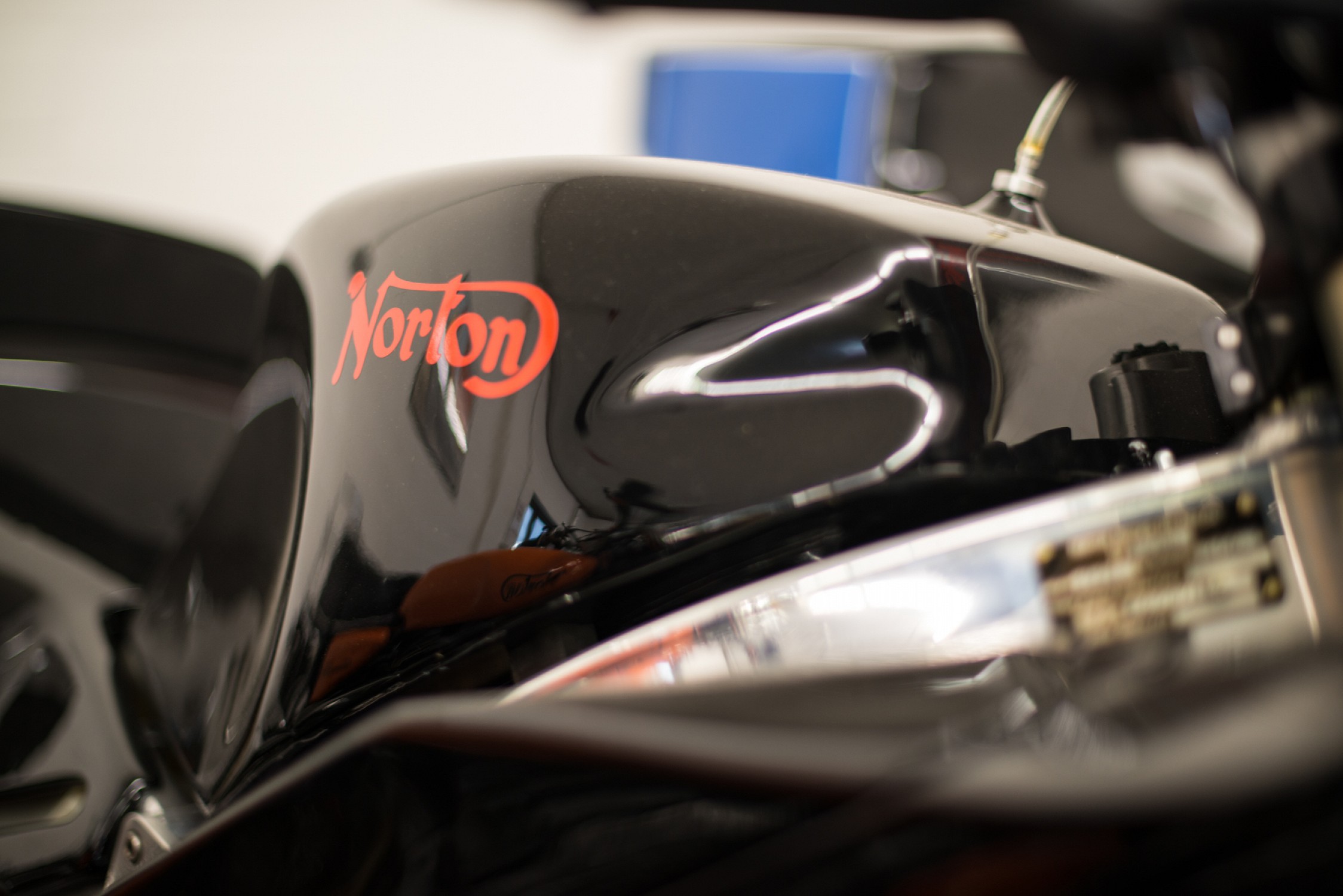Derek, brake fluid replacement is more of a Calander, rather than mileage issue. Fluid life varies depending upon how humid your local climate is. Buy one of the fluid testing pens on Amazon and you won't have to worry, plus you won't have to flush it more often than really needed. You can use it on your cars and trucks, as well.
FYI, the anti lock brake controller on your car/truck costs $1,200 to $2,500 to replace [US vehicles cheaper, Euro models most expensive] Old, dirty, contaminated brake fluid is what kills them. Flushing the brake fluid on cars/trucks with ABS is WAY cheaper than an ABS controller replacement [they can't be repaired & you'll rarely find a good one in the junk yard] Recently replaced an ABS controller on a customer's 2008 LS470 Lexus. Repair was over $2,000. If you think you can simply delete the ABS on your car/truck, forget it. The proportioning valve is built into the controller!




